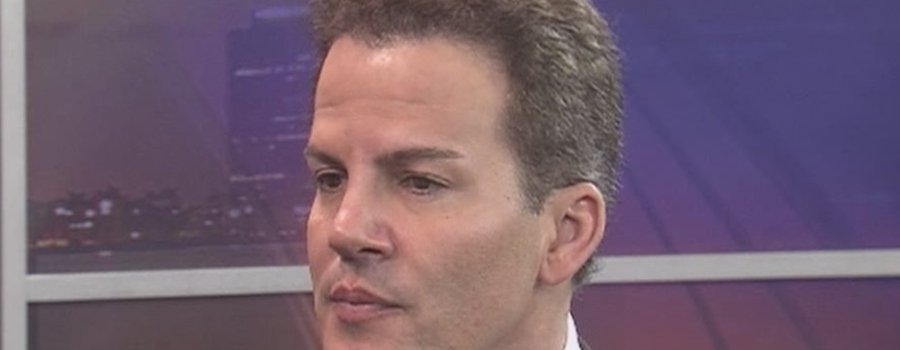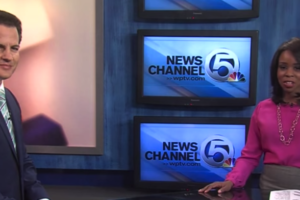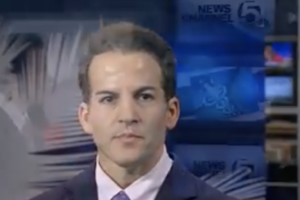Presenter: Time to answer some of your medical questions, some of them sent in by viewers and a lot of these this week are very common questions. Joining us live to answer them is News Channel 5’s medical specialist, Dr. David Soria. He, of course, is the Chief of Emergency Medicine at Wellington regional medical center. Thanks as always for joining us each and every Wednesday.
Dr David Soria: You’re welcome, great to be here.
Presenter: All right, let’s jump right in. First question is what a lot of University of Florida football fans are interested in, Florida coach Urban Meyer says the chest pain that bothered him in the last three years has been diagnosed as esophageal spasms, so can you explain what that is and how significant is this?
Dr David Soria: Yeah sure, well fortunately for him that’s all it was. When it presents it can be very painful. It is chest pain and the big difference with that, v, rsus heart pain is that heart pain can kill you. Esophageal spasm pain is pretty benign, it’s a squeezing of the esophageus, the smooth muscle of the esophageus, of the food tube that connects from the throat to your stomach starts to squeeze. It’s basically like a cramp, but in the esophageus, very painful. Can be triggered by hot or cold liquids and even food, typically it happens after you eat. Now the one thing I want to make sure of is that this is chest pain, so if you feel this I don’t want you to sit at home thinking it’s benign or that you can self diagnose. Any time you have pain like this I want you to come to the emergency room, come see us. We’ll decide whether or not we feel it’s benign or not, but typically you can tell relatively easily based on the symptoms and how they present. But again, leave that up to us.
Presenter: That’s different than acid reflux?
Dr David Soria: Acid reflux is much different, however it can be a risk factor for esophageal spasm, yeah.
Presenter: Okay good to know. All right, our next question coming to us now from Sue in [Vera 00:01:45] Beach. Sue wants to know what kind of doctor do I need to see about a cyst on my finger?
Dr David Soria: Yeah a cyst on a finger, there’s not too many things that can cause that, although I do want to make sure that what you see is not an infection. If it’s red or tender, warm, very painful, that’s probably infection. I want you to come see us or a doctor right away because it’s probably going to need to be cut open. Now a cyst is typically not painful, it’s spongy and the most common cause is ganglion or mucus cysts and that, you need to see an orthopedic specialist.
Presenter: Okay.
Dr David Soria: That orthopedic specialist can do many different things to remove that, but typically it’s painless, doesn’t cause a problem and most of the time they go away on their own.
Presenter: Okay, all right and now our final question today, this is a popular one I would imagine. Can you get tennis elbow if you don’t play tennis, and what can you do to get rid of the pain if it’s getting worse?
Dr David Soria: You sure can get it if you don’t play tennis. Matter of fact the movement that is going to cause it is this, this pronation because it’s a tendon that connects from the forearm to the outside of the elbow. Golfer’s elbow is the other side, it’s the medial, the inside and that’s this type of movement. Anything that you … painters, plumbers, rakers, landscapers very commonly present with what’s called lateral epicondylitis.
Presenter: Interesting.
Dr David Soria: What do you do for it? Well you’ve got to rest it because again it’s an overuse injury and it causes pain right here.
Presenter: Got it.
Dr David Soria: Otherwise, you can do steroid injections, take medications like anti-inflammatories and worse case scenario it may require surgery.
Presenter: All right, so Wimbledon or not you can get it, right?
Dr David Soria: That’s right.
Presenter: All right, Doctor David Soria thanks so much for answering all our viewer questions, as always. We’ll see you next week and we’ll see you right after this short break, stay with us.




